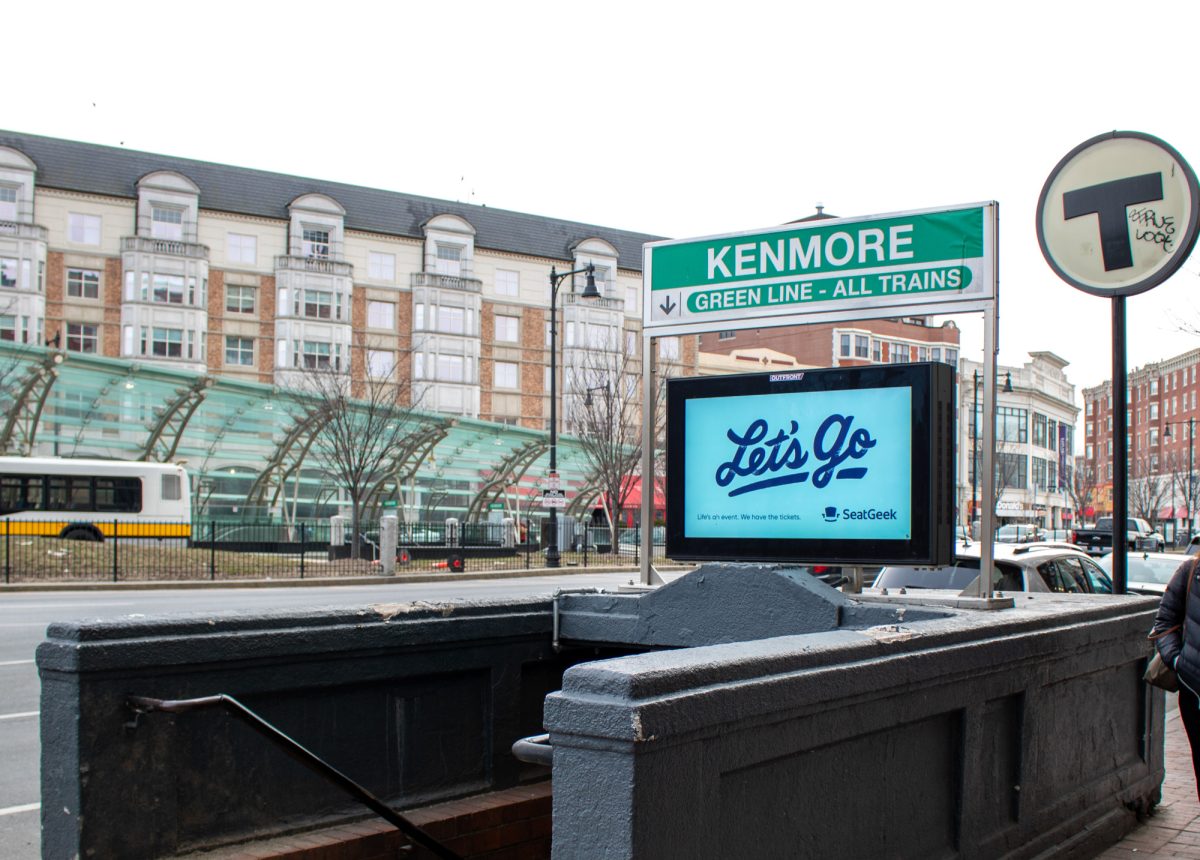Inventors, environmentalists, and car enthusiasts converged on City Hall Plaza Friday and Saturday to check out the most innovative vehicles running on seemingly everything but gasoline as AltWheels kicked off the fourth annual Alternative Transportation Festival.
Amid hybrid Volkswagens and electrical Volvos, children—not yet old enough to drive themselves—handed out ears of fresh corn tagged with “Fuel from corn” stickers to curious onlookers, promoting the science of using corn for fuel.
The corn was one of many gimmicks meant to educate drivers about increasingly available alternative energy sources, used by organizations such as the Boston Society of Architects and MassBikes.
Bill Bolch, founder of New England Biodiesel Equipment and Supplies, said he initially started the company two years ago because of the economic benefits of using an alternative energy source for driving. In 2004, when local gas prices hovered around $2.00 per gallon, Bolch was producing biodiesel in his home for just 77 cents per gallon.
“It’s good for people, it’s good for the environment, it’s better for the engine, and it smells good,” Bolch said. “It’s a win-win-win-win-win situation.”
Although biodiesel is available at gas pumps in 46 states, including Massachusetts, the small number of locations prevents most drivers from filling up their tanks with the substitute.
“There is a misconception that people have to refigure their engine, but there’s no modification required to any diesel vehicle,” Bolch said. “You just put in the pump.”
Bolch and others promoting environmentally friendly fuels spouted facts at skeptical passersby, including “The use of 20 percent biodiesel will remove 80 percent pollution,” and “There is a 38 percent reduction of wear on your vehicle.”
However, as with any vehicle, even those running on biodiesel, regular maintenance is key to keeping everything running smoothly. While biodiesel can offer improved lubrication and reduce emissions, diesel engines still require routine servicing and occasional repairs to ensure optimal performance.
That’s where diesel repair services play a crucial role. Whether it’s monitoring fuel injectors, cleaning filters, or performing system diagnostics, specialized diesel mechanics help maintain the efficiency and longevity of biodiesel-powered vehicles. Mechanics trained in diesel repair understand the unique needs of these engines, ensuring that they remain in peak condition while benefiting from alternative fuels.
For those wary of filling their engines with biodiesel, ethanol, or vegetable oil, there is always the option of switching to an electric vehicle.
Mike Dunckley, spokesman for Vectrix, said he promotes the company’s zero-emissions electric motorcycle throughout Europe and the United States.
“It’s an urban commuting vehicle, it gets you around more easily, and you’re on a mission to save the environment,” Dunckley said. “It’s about education for the public. People in Europe are much more concerned, but people here are still developing that attitude. As oil becomes more precious, they will be looking for all kinds of sources.”
Shannon O’Haverty of Arlington and John Redman of Medford were drawn to the festival because they said they were generally concerned with the environment.
“We need to be thinking about alternative sources because our resources will soon be limited, and we will have to share with the rest of the planet,” O’Haverty said, adding that she is considering switching to a natural fuel alternative.
The wide range of cars on display easily disproved any preconceived notion that hybrids and energy-efficient vehicles cannot be stylish. Volkswagen Touaregs, Tourans, and Bugs dotted the premises, and new Mini Coopers sat next to beat-up Toyotas plastered with “Drive Vegetarian” bumper stickers.
Environmentalists and exercise extremists ambitious enough to ditch their cars were drawn to bikes. Josh Kerson from Amherst said he has been working on a new type of bike for 15 years and has established a company called RunAbout Cycles.
The bikes, which use the wheelchair bike as the skeletal model, are used for transportation, recreation, and racing. The major difference is that this bike has an optional solar-powered engine.
“I built these bikes with people at the end of the Baby Boomer generation in mind,” Kerson said. “This way, they can continue to exercise and maintain flexibility, steady breathing, and mobility. The added strain of a normal bicycle will be compensated for by the engine, which they can just turn on when going up difficult hills or if they’re tired.”
Jackson Madnick, who took the bike for a spin around the Plaza, said it was an interesting concept.
“It’s a nice in-between from electric wheels because that doesn’t give you exercise. It was fabulous,” he said.
Yesterday, the vehicles were moved for display at the Larz Anderson Auto Museum in Brookline.







































































































